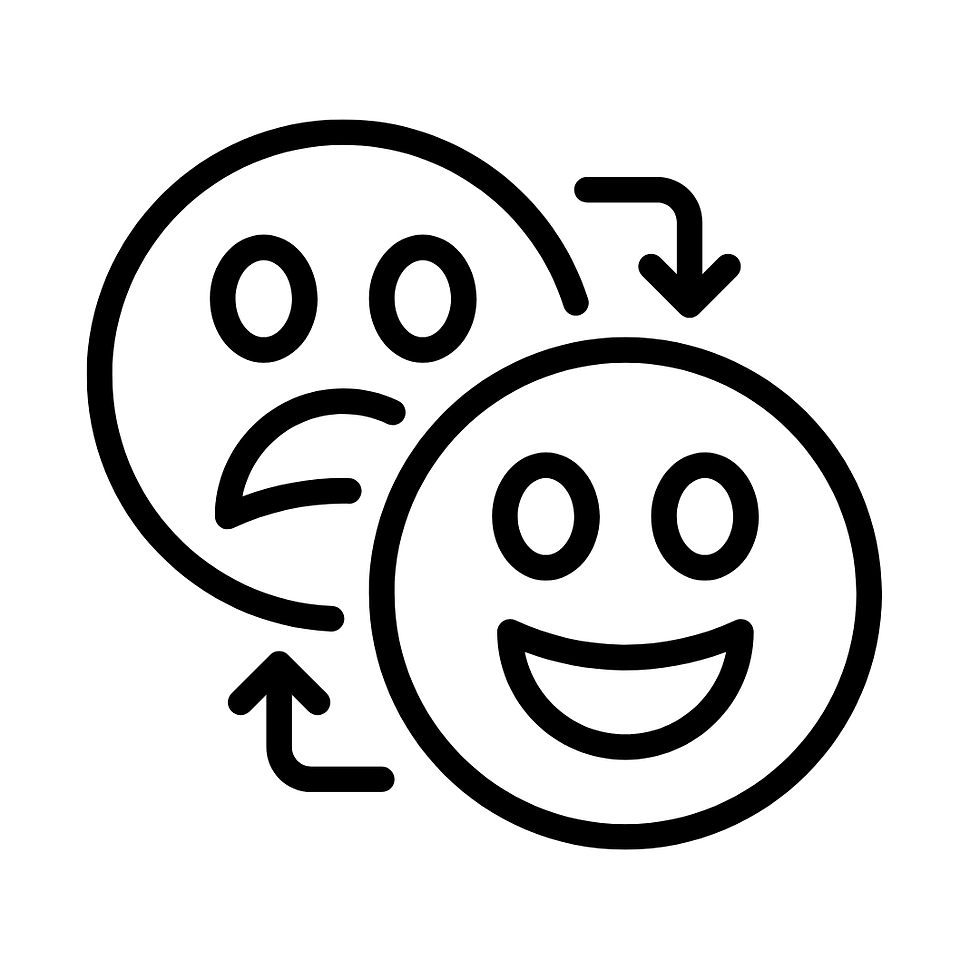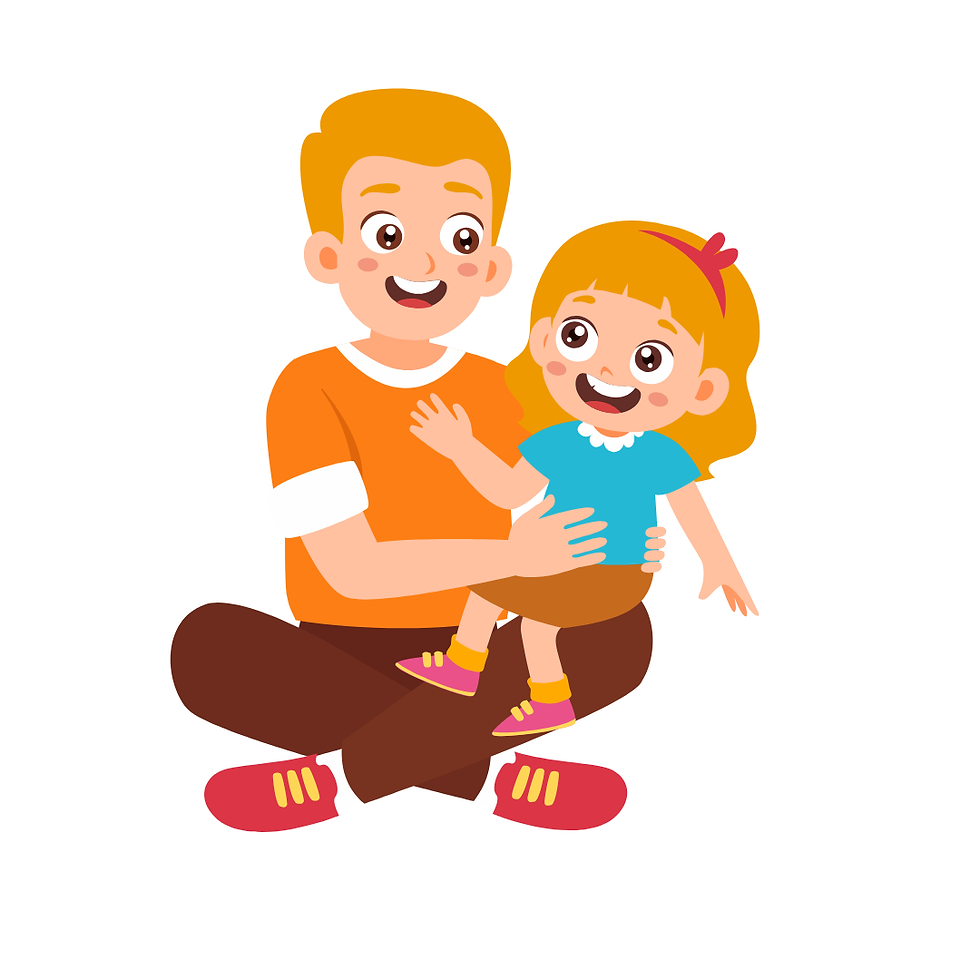5 Things Every Parent of a Child with ADHD Should Know
- Lindsay Wolf-Owczarek

- Oct 30, 2025
- 3 min read
If you're parenting a child with ADHD, you already know it comes with unique challenges. You've likely been told your child needs to "try harder," "stop rushing," or that you need to "be more consistent." What I want you to know is this: ADHD is not a parenting failure — it's a neurodevelopmental difference that changes how your child experiences the world.
Here are five essential things I wish every parent of a child with ADHD knew.
1. Children with ADHD Aren't Lazy — Their Brain Works Differently

ADHD isn't about effort or willpower. Kids with ADHD can focus intensely on activities that interest them (hello, Minecraft marathons), but struggle to initiate tasks that feel boring or overwhelming. This isn't a motivation issue — it's related to differences in dopamine regulation and executive functioning in the ADHD brain.
What helps: Instead of pushing harder with "try harder," try supporting task initiation — break assignments into smaller steps, turn chores into a game or race, or use humor to reduce overwhelm. You'll get further with connection than correction.
2. Emotional Dysregulation Is Often the Biggest Challenge

Many parents are surprised to learn that ADHD symptoms extend beyond attention difficulties — emotional regulation is equally affected. Your child's feelings can escalate from 0 to 100 in seconds, and transitions or corrections can trigger intense reactions.
What helps: Instead of meeting emotion with more emotion, try co-regulation strategies: lower your voice, move closer, breathe slower, and stay calm. You can't reason with a dysregulated nervous system, but you can help calm it through your presence.
3. Structure Helps — But Flexibility Matters More for ADHD Kids
Yes, routines and structure are important for children with ADHD. But expecting perfect consistency (from yourself or your child) isn't realistic or helpful. Kids with ADHD thrive when they have both predictability and flexibility — knowing what to expect while also feeling that mistakes and off-days are okay.
Remember: Adjusting expectations, changing plans, or taking a break isn't being inconsistent; it's being responsive to your child's needs.
4. Your Parent-Child Relationship Is the Most Powerful Tool

When managing ADHD behaviors gets hard, it's easy for the parent-child relationship to become strained by constant correction and power struggles. But research shows: your connection is your child's best support.
Children with ADHD hear significantly more corrections throughout the day than neurotypical children — often 20,000 more corrective statements by age 12. Intentionally noticing what's going right (even small wins) helps rebuild confidence, self-esteem, and trust. Your child doesn't need a perfect parent — they need a safe, supportive one.
5. Parents of Children with ADHD Need Support Too
Parenting a child with ADHD can be exhausting, overwhelming, and isolating. You're managing school communications, emotional meltdowns, behavior strategies, and an endless to-do list. You deserve support just as much as your child does.
Whether that's joining an ADHD parenting support group, working with a therapist who specializes in ADHD families, or connecting with friends who understand — you don't have to navigate this alone. When you prioritize your own well-being, you parent from a place of calm and compassion — and that changes everything for your whole family.
Final Thoughts: Your Child with ADHD Can Thrive
Your child's ADHD diagnosis doesn't define them — or you. It's one part of who they are: creative, curious, energetic, and full of potential. With understanding, connection, evidence-based strategies, and the right support, you can help your child with ADHD thrive.
Need more support?
If you are seeking psychological support for your child, please don’t hesitate to reach out to Green Door Clinic. We are here to provide assistance and guidance tailored to your child’s needs.
#230, 7915-104Street
587-989-5292




Comments